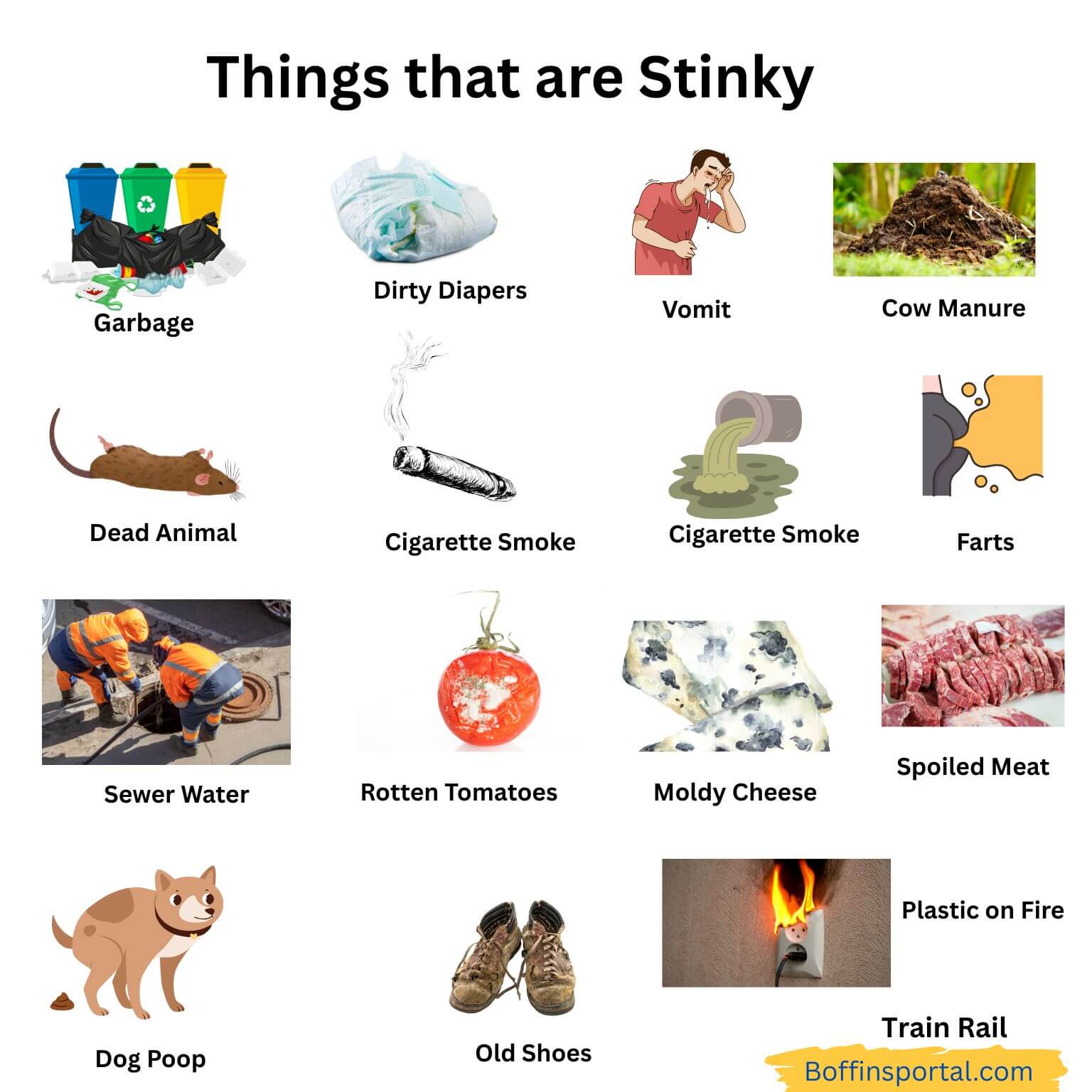
Ever caught a whiff of fresh-baked cookies and instantly smiled? Or walked into a coffee shop and felt like hugging the air? There’s just something magical about good smells. From warm vanilla to sizzling bacon, our noses know how to celebrate the delightful aromas of life.
But let’s be honest—not everything in this world smells like sunshine and sugarplums.
Step into a locker room after a championship game, open that forgotten lunchbox in the backseat, or get too close to a curious-looking lump in the compost bin… and suddenly, your nose wants to file a formal complaint.
Yes, friends, for every scent that sparks joy, there’s another that sends us reeling. From nature’s stink bombs to man-made misfires, the world is full of eye-watering, nose-pinching, downright stinky things.
Let’s dive nose-first into the smelliest stuff out there—you’ve been warned!
100 Examples of Things that are Stinky
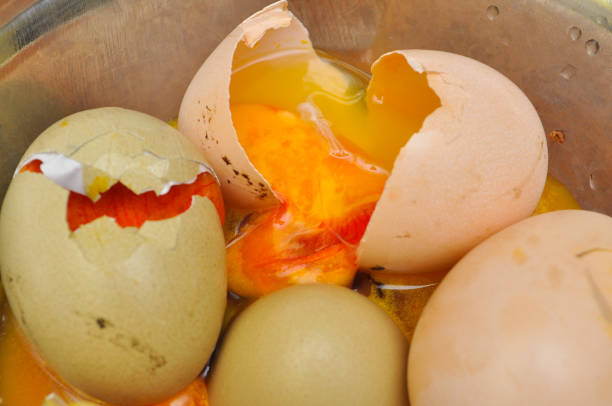
1. Rotten Eggs – Release sulfur compounds that smell like sewage or gas.
2. Garbage – A mix of decaying food and waste that emits foul odors.
3. Farts – Gas released from the digestive tract, sometimes containing sulfur.
4. Sewer Water – Filled with human waste and bacteria, producing strong smells.
5. Dirty Diapers – Contain human waste, which naturally smells terrible.
6. Fish Left Out – Begins to rot quickly and emits a strong, fishy smell.
7. Body Odor – Caused by sweat mixing with skin bacteria.
8. Vomit – Contains stomach acid and partially digested food, resulting in a sharp stench.
9. Spoiled Meat – Emits a sour, putrid odor as it decomposes.
10. Cow Manure – Animal waste commonly used as fertilizer, with a barnyard stink.
11. Dead Animal – Decay causes a powerful, sickening odor due to decomposition gases.
12. Cigarette Smoke – Lingers in clothes, furniture, and breath with a stale odor.
13. Urine-Stained Mattress – Absorbs the smell deeply, especially if not treated.
14. Old Trash in Hot Weather – Heat intensifies decomposition and odor release.
15. Rotten Tomatoes – Get mushy and emit a sweet, sour, decaying smell.
16. Cat Urine – Contains ammonia and is notoriously difficult to remove from fabrics.
17. Durian Fruit – A tropical fruit with a famously strong, onion-like stench.
18. Bad Breath – Caused by bacteria in the mouth, often after eating or sleeping.
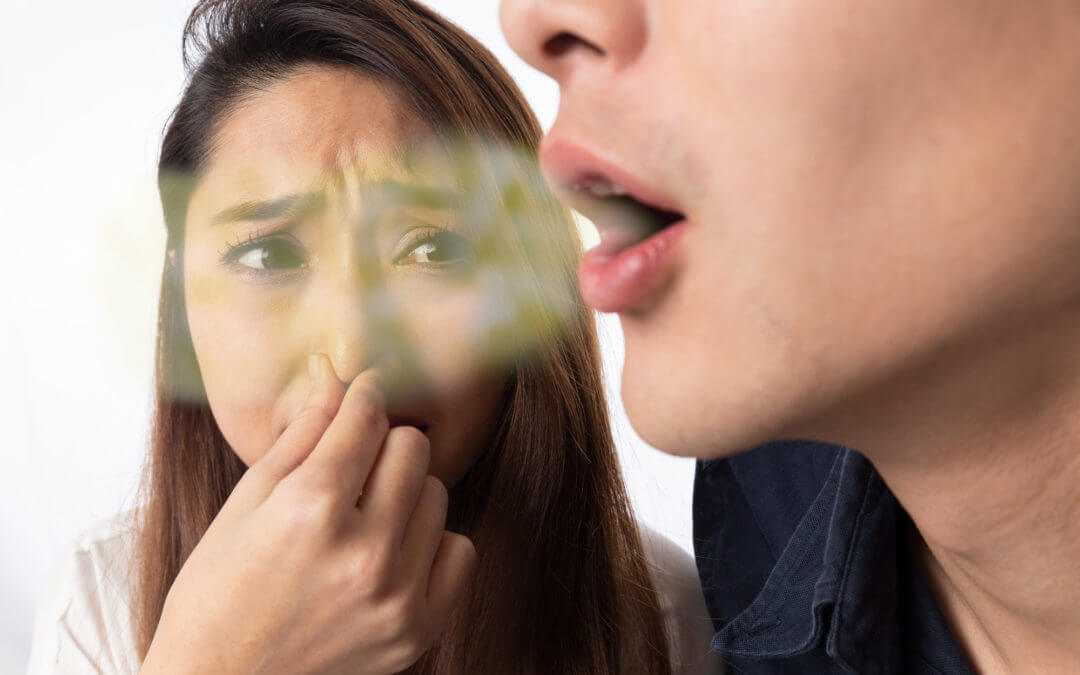
19. Sour Milk – Spoiled dairy releases a sharp, sour, and unpleasant odor.
20. Moldy Cheese – Some cheeses are aged with mold, creating a strong, stinky aroma.
21. Public Restrooms – Often smell due to urine, feces, and poor ventilation.
22. Compost Piles – Decomposing organic matter produces earthy, sometimes rank odors.
21. Dog Poop – Rich in bacteria and waste, it smells sharp and foul.
22. Feet (After a Long Day) – Trapped sweat and bacteria cause a strong odor.
23. Trash Cans – Especially ones with old food or diapers, quickly become smelly.
24. Cat Litter Box – If not cleaned regularly, it smells strongly of ammonia.
25. Wet Dog – A mix of natural oils and bacteria creates a distinct musky scent.
26. Old Sponges – Harbor bacteria and mold, making them stink.
27. Socks After Gym – Absorb sweat and become very unpleasant to smell.
28. Burnt Hair – When hair burns, sulfur compounds are released, creating a bitter smell.

29. Sour Towels – When left damp, they breed mildew and release a sour odor.
30. Boiled Cabbage – Releases sulfur compounds that smell like rotten eggs.
31. Morning Breath – Caused by dry mouth and bacteria buildup overnight.
32. Fish Sauce – A fermented condiment with a strong, salty-fishy aroma.
33. Bleach Mixed with Ammonia – Creates a sharp, choking smell (and toxic fumes).
34. Fermented Tofu (Stinky Tofu) – A pungent Asian delicacy with a strong, sour odor.
35. B.O. from Armpits – Caused by apocrine sweat and skin bacteria.
36. Burnt Popcorn – Releases a bitter, acrid smell that lingers.
37. Old Shoes – Absorb foot sweat and bacteria, making them smell musty.
38. Onions (when chopped) – Release sulfur compounds that irritate the nose.
39. Unwashed Clothes – Accumulate sweat, dirt, and bacteria, causing a sour smell.
40. Dog Breath – Caused by dental issues or a poor diet.
41. Gym Bag – Filled with damp clothes, socks, and sweat, creating a strong funk.
42. Pet Rodent Cages – Can develop strong ammonia and musky odors if not cleaned.
43. Raw Onion Breath – Lingers in the mouth and seeps out through the skin.
44. Old Frying Oil – Goes rancid, giving off a greasy, sour odor.
45. Sulfur Springs – Natural hot springs with high sulfur content smell like rotten eggs.
46. Asparagus Pee – Causes urine to have a strong, sulfur-like smell in some people.
47. Plastic on Fire – Releases harsh, chemical fumes with a burnt, synthetic smell.
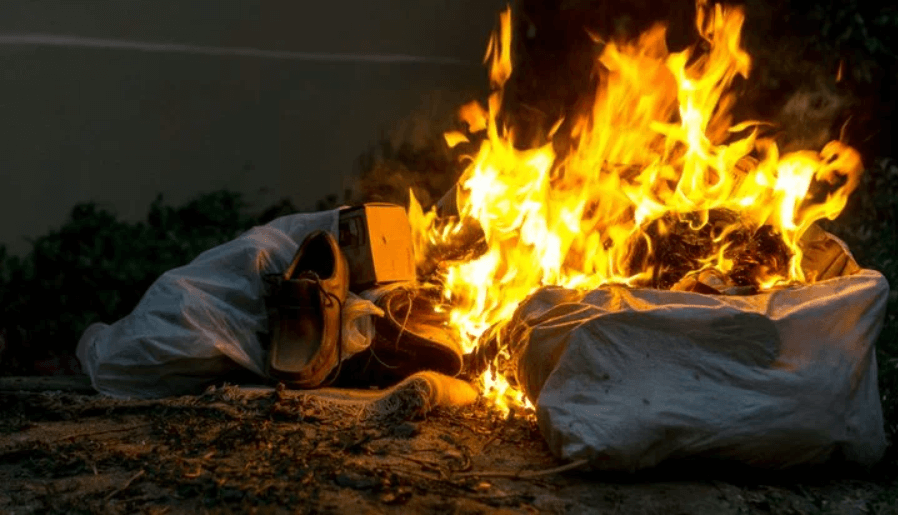
48. Mildew in Closets – Damp, closed spaces can smell musty and moldy.
49. Expired Yogurt – Fermented dairy that turns sour and unpleasant.
50. Unwashed Hair (Greasy Scalp) – Accumulates oil, sweat, and environmental particles.
51. Cooking Liver – Has a strong, metallic scent that many find unpleasant.
52. Kombucha – Fermented tea that can have a vinegary, funky odor.
53. Dog Anal Glands – When released, they emit an extremely foul, fishy scent.
54. Burned Plastic Toys – Release an acrid, chemical-laden smoke and smell.
55. Burnt Hair – Releases a sharp, unpleasant scent when singed.
56. Diapers (Used) – Filled with waste, especially potent when left too long.
57. Fish Market at Closing Time – Warm air and old fish combine into an eye-watering stench.
58. Musty Books in a Damp Basement – Paper and mold produce a distinct, dusty odor.
59. Dirty Dish Sponge – A breeding ground for bacteria with a soggy, sour smell.
60. Smelly Socks – Absorb sweat and bacteria, especially after intense physical activity.
61. Reheated Broccoli – Gives off sulfur-rich compounds that intensify in the microwave.
62. Rotting Pumpkin – Becomes soggy and emits a sweet yet foul odor.
63. Flatulence – Caused by digestion and bacteria; varies based on diet.
64. Dead Fish on a Beach – The decay combined with sun creates an overpowering reek.
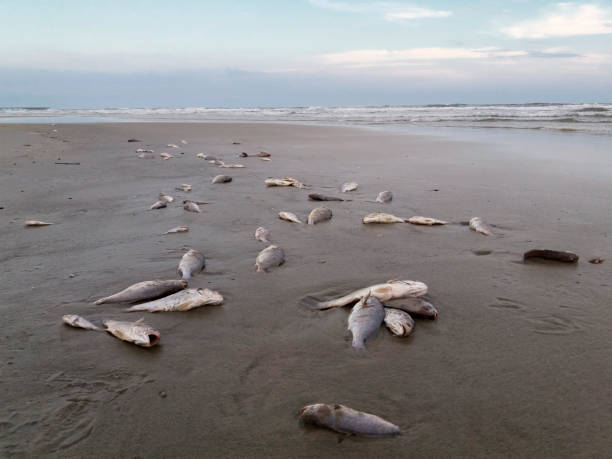
65. Limburger Cheese – A famously pungent cheese known for its intense foot-like odor.
66. Sewer Gas – A mix of methane and hydrogen sulfide rising from underground waste systems.
67. Dried Sweat on Clothes – Builds up over time and smells sour and stale.
68. Compost Tea – A liquid byproduct of compost that smells like fermented rot.
69. Dung Beetle Habitat – Naturally surrounded by manure, creating a constant stink.
70. Overused Public Restrooms – Smell of urine, disinfectant, and poor ventilation.
71. Rotting Coconut Water – Turns sour and moldy when spoiled.
72. Spoiled Baby Formula – Milk proteins sour fast and smell putrid.
73. Abandoned Gym Bag – Trapped sweat and bacteria on clothes and shoes.
74. Stagnant Ditch Water – Filled with decomposing plants and organic sludge.
75. Burnt Microwave Popcorn (Left Too Long) – A sharp, smoky smell that lingers.
76. Wet Dog Fur – Especially bad when mixed with outside dirt.
77. Pig Farm Waste Pit – Large pools of animal waste emitting strong ammonia-like fumes.
78. Sludge from Water Treatment Plants – Thick, processed waste with a sour and earthy stench.
79. Burnt Rubber – Produces a sharp, chemically smoky odor.
80. Cooking Tripe (Stomach Lining) – The aroma can be off-putting and gamey.
81. Moldy Tupperware – Forgotten leftovers sealed in containers start to reek badly.
82. Unwashed Hair (After Weeks) – Builds up oil and bacteria that release a strong odor.
83. Roadkill in the Sun – Rapid decomposition causes a horrific stench.

84. Decomposing Seaweed – Washes ashore and decays, emitting a strong, fishy-sour scent.
85. Fermented Herring (Surströmming) – A Swedish delicacy often considered one of the stinkiest foods.
86. Decayed Garlic in Trash – Loses its sharpness and turns sour and moldy.
87. Stinky Feet After Wearing Plastic Shoes – Poor ventilation worsens odor buildup.
88. Unflushed Toilet – Waste left behind creates overwhelming odor quickly.
89. Fermenting Mangoes on the Ground – Overripe and decomposing, they smell boozy and rotten.
90. Dirty Aquarium Filter – Gathers waste, algae, and food remnants.
91. Garbage Truck Interior – Packed with warm, compacted waste from many homes.
92. Fermented Tofu (Stinky Tofu) – A delicacy in some Asian cuisines with a powerful scent.
93. Old Cat Litter Box – Accumulates ammonia from urine and feces.
94. Canned Tuna Juice – The leftover liquid smells fishy and metallic.
95. Wet Carpet After Flooding – Holds moisture and develops moldy, musty odors.
96. Milky Baby Spit-Up on Clothes – Soured milk combined with saliva smells unpleasant.
97. Fridge with Spoiled Food – Forgotten leftovers can create a mix of unrecognizable bad smells.
98. Mildewed Shower Curtain – Constant moisture grows smelly mold and mildew.
99. Rotten Onion in Pantry – Releases an eye-watering, sweet but sour stench.
100. Worn-Out Sneakers Left in a Locker – Trapped heat and sweat make them reek over time.
Why Do Things Stink?
Most of the time, things stink because of tiny, invisible creatures called bacteria. These little guys love to eat leftovers, dirty clothes, and even your sweat. As they munch away, they let out smelly gases — kind of like tiny burps — and that’s what your nose picks up. Ew!
Other times, stinky smells come from rotting. When food goes bad or something dies, it starts to break down. That process releases stinky smells that tell us, “Don’t eat this!”
And guess what? Some smells are nature’s warning signs. A skunk’s spray stinks on purpose to scare away enemies. Rotten eggs smell gross to stop you from eating them. It’s your nose’s way of keeping you safe!
Good Stinks vs. Bad Stinks
Did you know that not all stinks are bad? It’s true! Some things smell funny but are actually really good. Take cheese, for example. Some kinds of cheese, like blue cheese or parmesan, have a strong smell that might make your nose wrinkle, but lots of people love the way they taste. Fish can also have a strong smell, but it’s a popular and healthy food. Even some flowers and plants smell weird on purpose — their smell helps keep bugs away or attracts animals that help them grow.
On the other hand, there are definitely smells that most people would agree are just plain yucky. Think about the smell of garbage, spoiled food, dirty socks, or a skunk’s spray — ew! These kinds of stinks are usually a sign that something is dirty, rotten, or not safe to eat or touch. Our noses are like little warning systems, helping us figure out what’s okay and what’s not.
So the next time you smell something stinky, try to figure out if it’s a “good stink” or a “bad stink.” Some smelly things might surprise you in a good way — and others are best left far, far away!
